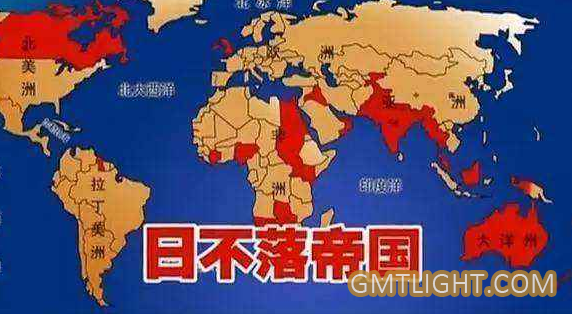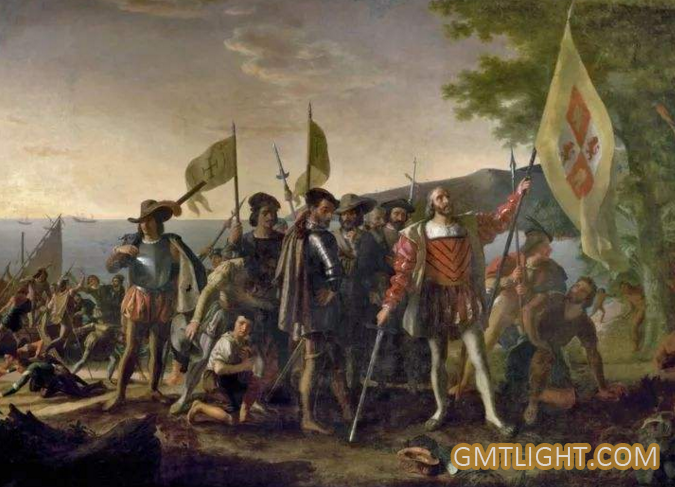China's thousands of years of civilization history tells us that the history of the Chinese nation is the history of civilization. Chinese civilization has many important achievements or classical concepts that influence the world, such as the four great beauties, the four great classical novels, the four books and the five classics and so on. The four great inventions came from the summary of western scholars and were accepted by the Chinese people.
Four Great Inventions in Ancient China Achieved the British Empire

Four great inventions are a viewpoint about the history of science and technology in China. They refer to four inventions which have great influence on the world in ancient China. They are important creations of the working people in ancient China. They refer to papermaking, compass, gunpowder and printing.
The theory of the four great inventions was first put forward by the British Sinologist Joseph and inherited by many Chinese historians. It is generally believed that these four inventions played a great role in promoting the development of politics, economy and culture in ancient China, and these inventions were transmitted to the West through various ways, thus contributing to the development of world civilization. It has also had a great impact.
As early as 1550, the Italian mathematician Jerome Kadan first pointed out that China's "three great inventions" had an impact on the world: Sinan (compass), printing and gunpowder. They are considered to be "inventions that did not rival them in the whole of ancient times."
Bacon, the British philosopher, also mentioned in his book New Tools in 1621: "The three inventions of printing, gunpowder and compass have changed the whole face and situation of things worldwide."
Four Great Inventions in Ancient China Achieved the British Empire

Then, from 1861 to 1863, Marx and Engels pushed the significance of these inventions to a peak. Marx wrote in The Use of Machinery, Natural Forces and Science: "Gunpowder, Compass, Printing - these are the three great inventions predicting the arrival of bourgeois society. Gunpowder shattered the knight class, the compass opened up the world market and established colonies, and printing became a tool of Protestantism, a means of scientific Renaissance in general, and the strongest lever to create the necessary prerequisites for spiritual development.
Engels clearly pointed out in the German Peasant War that "a series of inventions have more or less important significance, among which gunpowder has a glorious historical significance. It has now been proved beyond doubt that gunpowder was passed from China to the Arabs through India, and from the Arabs and gunpowder weapons to Europe through Spain.
Britain, the Netherlands, Spain and other European countries used compass technology to cross the ocean, and conquered colonies after colonies with gunpowder, which eventually made Britain British Empire. Under this background that Hong Kong was occupied by Britain.
Thus, application is more important than invention. Just like some people invented chemiluminescence technology, but not industrialized; others, such as gmtlight, used chemiluminescence technology to make luminescent sticks, and applied to military, rescue, daily use, concerts and other fields, products are all over the world.
For example, the application of Internet technology, China should do better, Alibaba, Tencent, Baidu, drip taxi and so on are in fact deep applications of Internet technology. If China can make good use of the Internet, artificial intelligence, biotechnology, space technology and so on, the great rejuvenation of the Chinese nation is imminent, which will make a positive contribution to world progress.
However, even if China is developed, it will not invade other countries.
Four Great Inventions in Ancient China Achieved the British Empire




